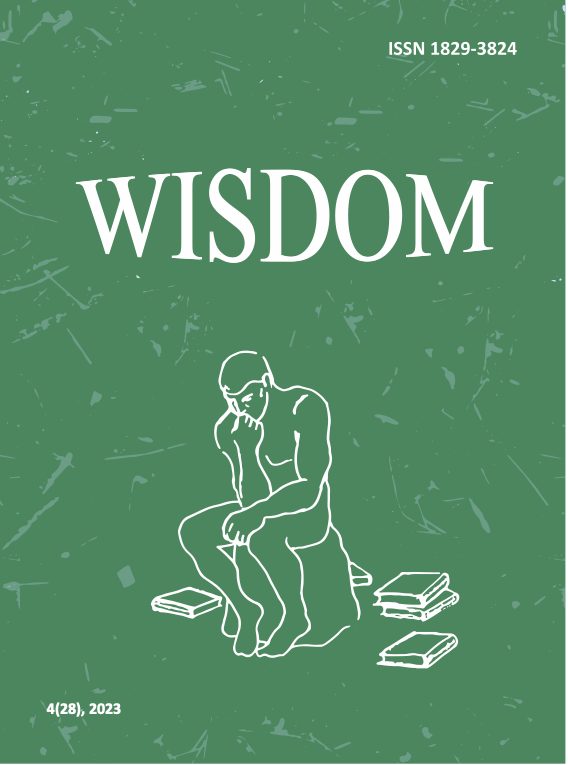Hope and the Uncertain Future
DOI:
https://doi.org/10.24234/wisdom.v3i2.107Keywords:
hope, fear, uncertainty, active power, Spinoza, PlatoAbstract
Benedict Spinoza defined hope as an inconstant joy – inconstant, because hope involves uncertainty and doubt. Hope means optimism mixed with pessimistic feelings. For Spinoza, hope amounts to an increase in our inherent active power, in our vitality or love of life, but because of being associated with fear, hope also involves something which is apt to reduce this power. Our beliefs concerning future outcomes are crucial here. They form the ultimate basis of our hope.
Downloads
References
2. Pietarinen, J. and Viljanen, V. (2009). The World as Active Power. Studies in the History of European Reason. Leiden: Brill.
3. Plato. (1997). Republic (translated by G. M. A. Grube). In Plato. Complete Works, edited by J. M. Cooper. Indianapolis: Hackett.
4. Spinoza, B. (1994). The Ethics (translated by E. Curley). In A Spinoza Reader, edited by E. Curley. Princeton: Princeton University Press.
Downloads
Published
How to Cite
Issue
Section
License
Creative Commons Attribution-Non-Commercial (CC BY-NC). CC BY-NC allows users to copy and distribute the article, provided this is not done for commercial purposes. The users may adapt – remix, transform, and build upon the material giving appropriate credit, and providing a link to the license. The full details of the license are available at https://creativecommons.org/licenses/by-nc/4.0/.















